The fight for Palestinian livelihood, repatriation, the Argentine gaucho community, a pair of England’s greatest directors, Chinese textile mills, a legendary artist’s final performance, the frontlines of the war on Ukraine––just a few of the subjects and stories this year’s documentaries brought us. With 2024 wrapping up, we’ve selected the non-fiction features that left us most impressed. If you’re looking for where to stream them, check out our handy guide here.
Dahomey (Mati Diop)
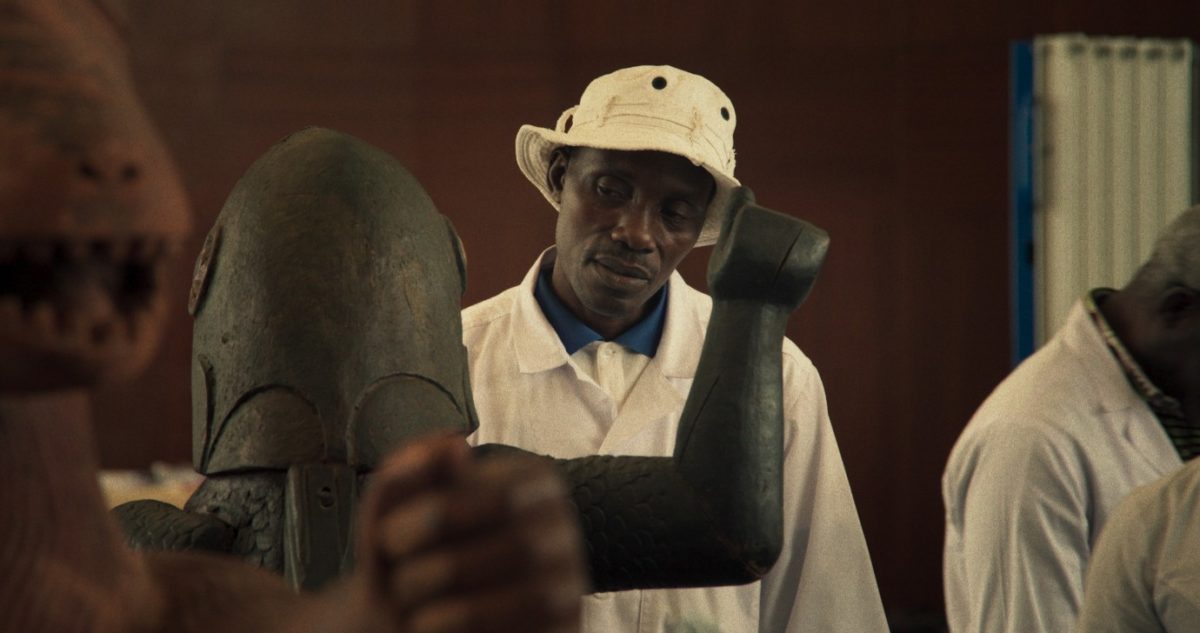
In 1953, Alain Resnais, Chris Marker, and Ghislain Cloquet produced Statues Also Die, one of the fiercest and most lucid indictments of white imperialism ever captured on film. Commissioned by the magazine Présence Africaine, it sought to dissect Western attitudes toward African art. The 30-minute short did not begin as an anti-colonial project but became one along the way, informed by the belittling treatment that antiquities from the continent had received across French cultural institutions since their plundering under colonial rule. Why, for a start, was African art routinely confined at the Musée de l’Homme in Paris––an ethnographic museum––while Greek or Assyrian pieces found their place at the Louvre? An arresting montage of statues and their visitors swelled into a much larger critique of the systematic oppression of Black culture and Black bodies, with a third act considering the exploitation of Black athletes and musicians in the States. That you might have never heard of it is hardly surprising. The short was swiftly banned upon release, then shipped back out in a truncated version, and finally approved by the censor in its unabridged cut in 1995––a staggering 42 years since it first screened. (It’s now available on YouTube.) “An object dies when the living glance trained upon it disappears,” Jean Négroni’s voiceover prophesied at the start, “and when we disappear, our objects will be confined to a place where we send black things: to the museum.” – Leonardo G. (full review)
Daughters (Natalie Rae and Angela Patton)
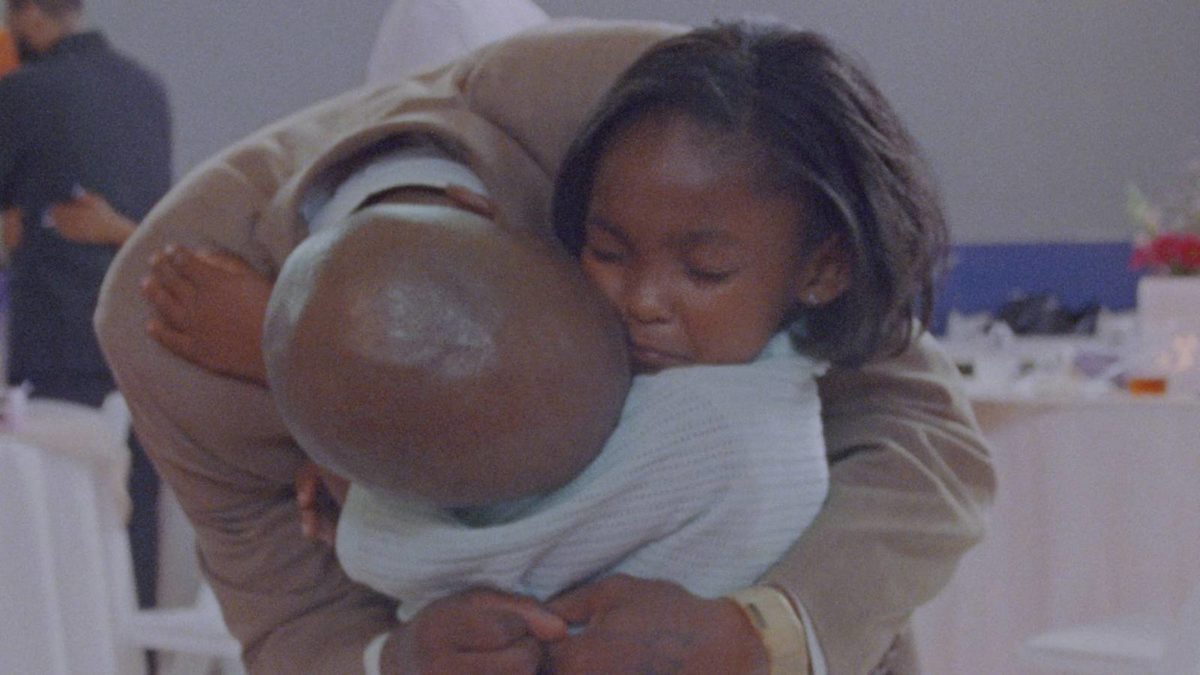
Winner of both the Audience Award and in its U.S. Documentary section and the overall Festival Favorite Award at the Sundance Film Festival earlier this year, Natalie Rae and Angela Patton’s deeply moving documentary Daughters arrived on Netflix this summer. John Fink said in his review, “A striking film that evokes a wave of emotions, Natalie Rae and Angela Patton’s Daughters is another picture––à la Rudy Valdez’s The Sentence, Garrett Bradley’s Time, and Zara Katz and Lisa Riordan Seville’s A Women on the Outside––focusing directly on the impact prison sentences have on families.”
Flipside (Chris Wilcha)

There is no surprise twist in Chris Wilcha’s Flipside, a documentary making its world premiere at the 2023 Toronto International Film Festival. This is not a true-crime doc or a story of unearthed family secrets. (Although there is lots of ephemera excavated after years of quasi-hoarding.) Instead of a twist, though, there is an audience awakening, one that takes a rather standard there-are-places-I-remember doc into surprisingly resonant territory. Ultimately, Flipside is a moving, funny, inventive film that may cause viewers to follow Wilcha’s lead and ask tough questions about their own lives. That is no small feat for a documentarian. – Chris S. (full review)
Gaucho Gaucho (Michael Dweck and Gregory Kershaw)
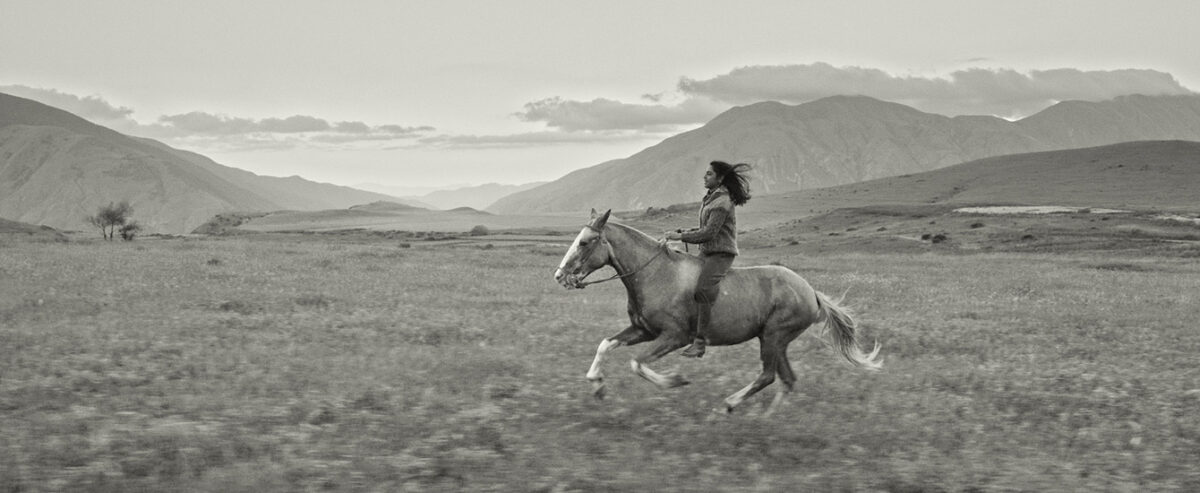
Following the success of The Truffle Hunters, which showed all it takes to make a subject interesting is to approach it with curiosity and openness to wonder, directors Michael Dweck and Gregory Kershaw are back with Gaucho Gaucho, a stunningly beautiful chronicle of an Argentine gaucho community who closely follow the rules and traditions of their culture, despite time and progress. – Jose S. (full review)
God Save Texas: Hometown Prison (Richard Linklater)
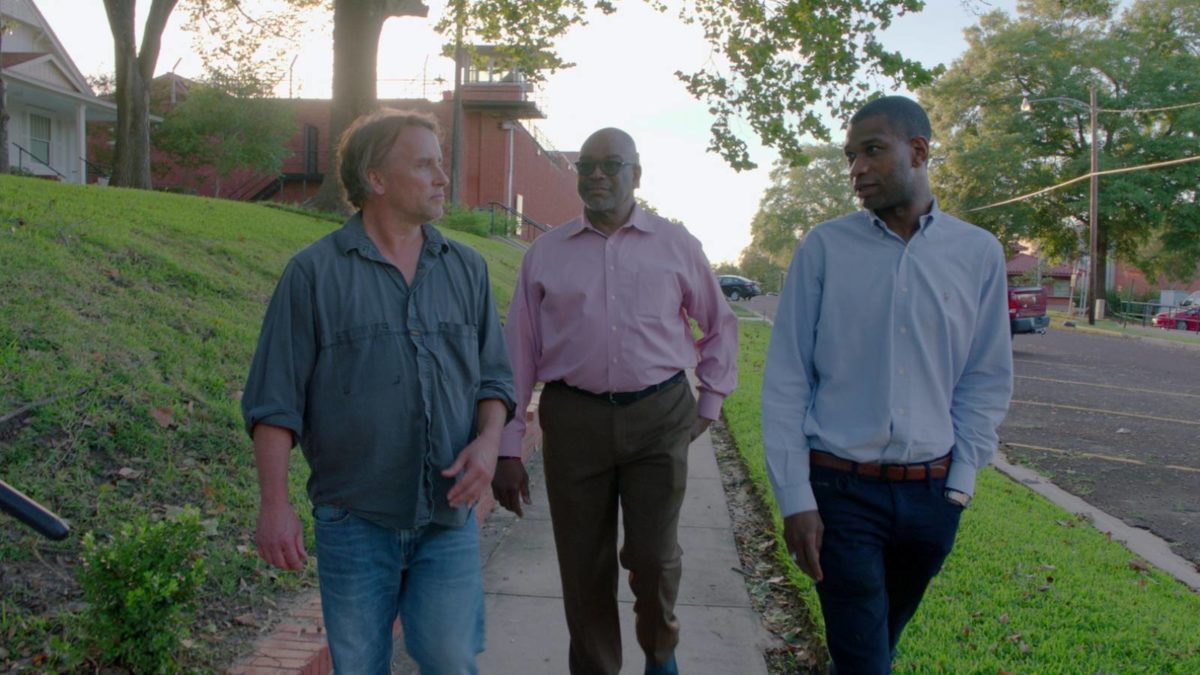
While Richard Linklater received the most press this year for his summer release of Hit Man, a new, personal project for the director arrived a few months earlier. As part of the omnibus documentary series God Save Texas (with parts also directed by Alex Stapleton and Iliana Sosa), the Texas-born director returns to the East Texas town of Huntsville where he explores the incarceration system. Surveying the justice system’s death penalty as well as those behind bars for an extended period of time, Linklater provides an intimate perspective to converse with those involved on all sides: those serving time, the ones ensuring their time is served, and the family and friends on the outside who are biding their time until their loved ones are released. Linklater once again proves an expert in empathy, finding the connective emotional tissue to bring these politicized issues down to a day-by-day, human level. Here’s hoping voters and decision-makers are listening. – Jordan R.
Last Things (Deborah Stratman)

One of the best works to premiere at Sundance in 2023 and finally get a U.S. release earlier this year, Deborah Stratman’s Last Things explores the planet and our history through the point of view of rocks. Fran Hoepfner said in her top 10 feature, “Despite its experimental nature, I believe that Last Things is––as best a thing can be––’for everyone.’ It is scary and mystical, funny and wholesome. It is both educational and profoundly entertaining.”
Made in England: The Films of Powell and Pressburger (David Hinton)
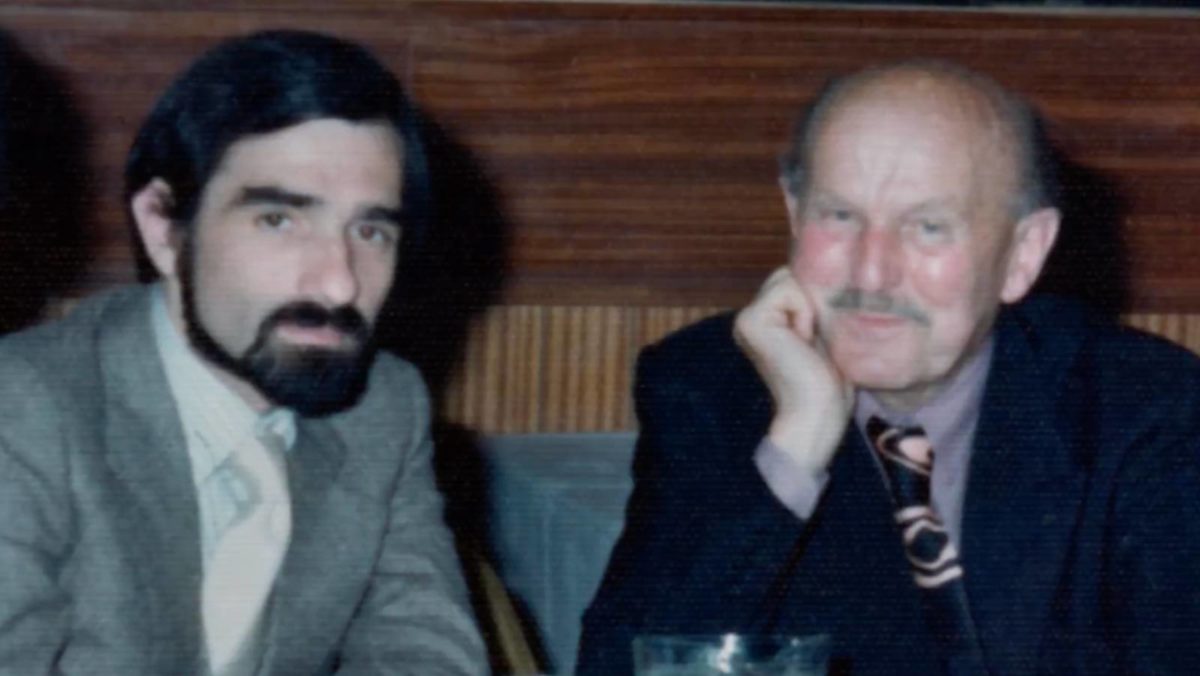
Following the best movie of last year, 2024 brings a lesson in cinema history from Martin Scorsese. He’s narrated and executive-produced an exhaustively detailed documentary on two of the greatest directors of all-time, Michael Powell and Emeric Pressburger, the duo responsible for The Red Shoes, Black Narcissus, A Matter of Life and Death, and The Life and Death of Colonel Blimp. Considering Scorsese’s close connection to their work, from being captivated at a young age and much later becoming friends with Michael Powell (who was married to Scorsese’s long-time editor Thelma Schoonmaker), he’s the perfect guide through their filmography. The result is a De Palma-esque chronological structure in which Scorsese details each of their career steps with passion and history. It’s simply a cinephile’s dream. – Jordan R.
No Other Land (Basel Adra, Hamdan Ballal, Yuval Abraham, Rachel Szor)
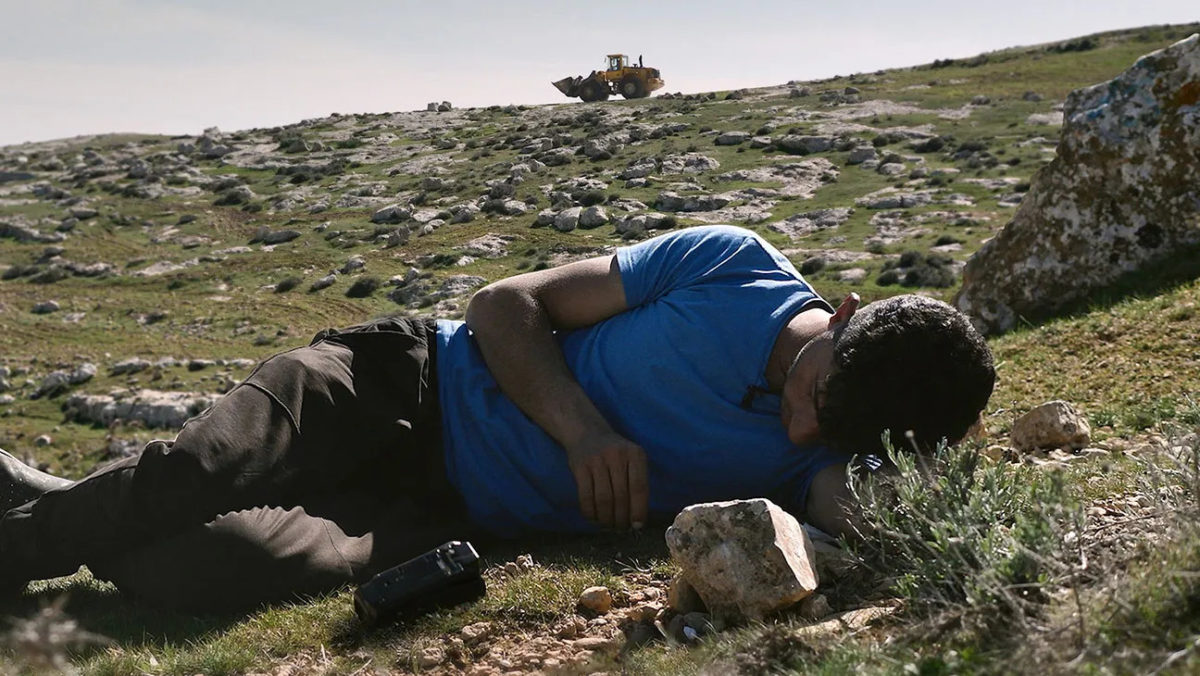
Something that’s occasionally forgotten amongst the carnage and statistics of recent events is how relentless (and calculated) the decades of conflict have been on regular Palestinian lives: the daily humiliations faced by anyone forced to pass through a checkpoint to get to work; or the endless micro and macro aggressions visited on those living near the border. The latter is what is witnessed in No Other Land, a powerful documentary premiering today at the Berlinale that follows the friendship of Basel Adra, a Palestinian activist and West Bank native, and Yuval Abraham, an Israeli investigative journalist who joins his cause. Beginning in 2019 and running all the way up to December of last year, the film provides a vital document of the erasure of Adra’s region, Masafer Yatta––an organized offensive that is described in the press notes as “the largest single act of forced transfer ever carried out in the occupied West Bank.” – Rory O. (full review)
Pictures of Ghosts (Kleber Mendonça Filho)
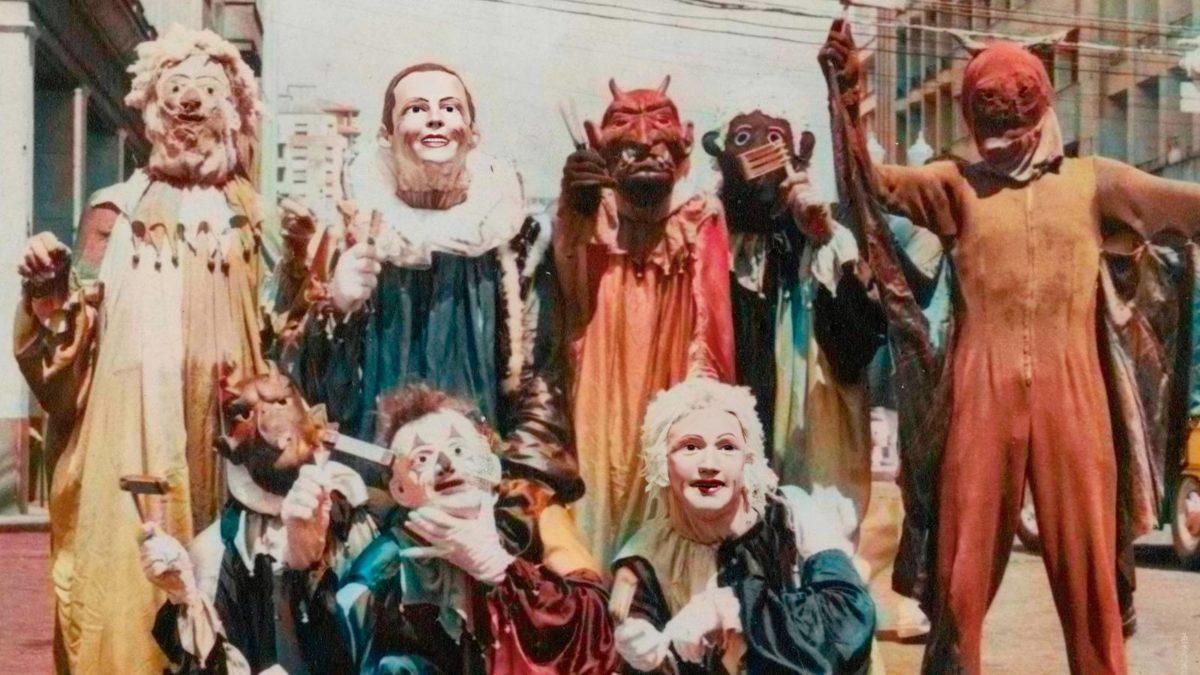
If the death of cinema is imminent, at least Kleber Mendonça Filho can play it out with some vintage Tropicália. It’s becoming a nice leitmotif of the Brazilian director’s career, whose ultraviolent Bacurau curtain-raised with Gal Costa’s “Não Identificado,” and latest effort Pictures of Ghosts, which premiered as a Special Screening at Cannes, eases in with Tom Zé’s deceptively jaunty “Happy End.” This is a first-person, arguably selfish movie––in that associated genre, the docu-essay––where Mendonça Filho seems to be waving a teary-eyed goodbye to valuable associations and possessions, perhaps only those of individual sentimental resonance. Yet it’s “selfish” in a productive manner, almost as a function of self-care, like a sunny afternoon lounging on the settee revisiting one’s favorite LPs. – David K. (full review)
Porcelain War (Brendan Bellomo and Slava Leontyev)
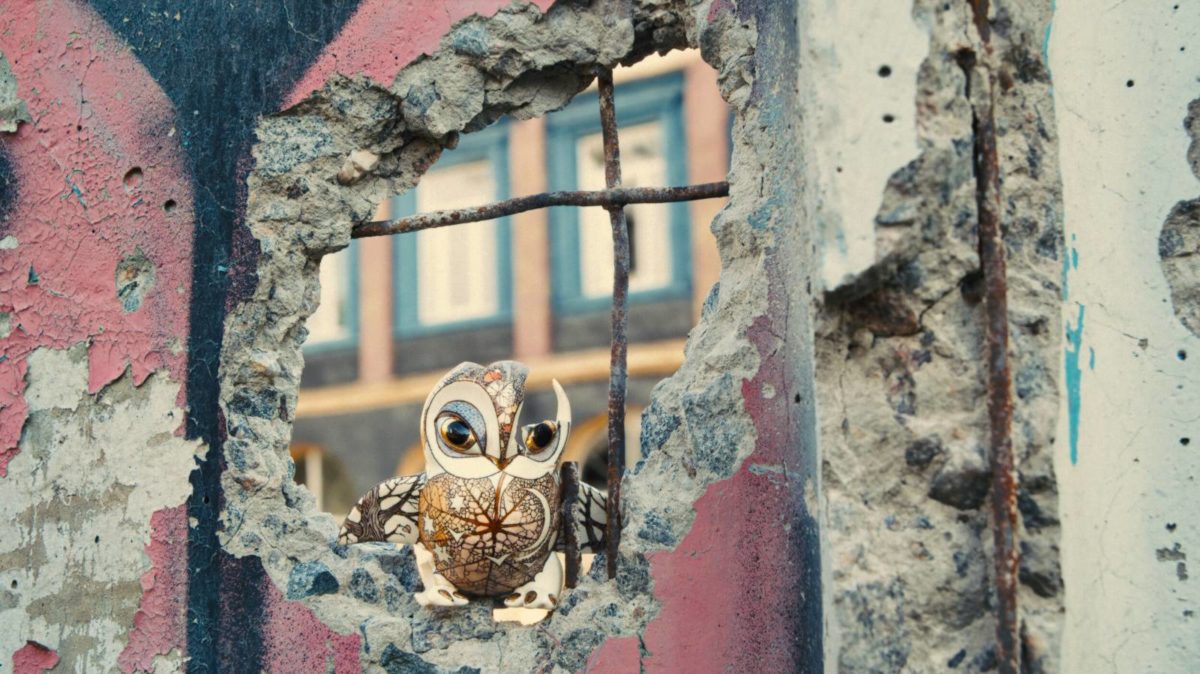
Brendan Bellomo and Slava Leontyev’s documentary Porcelain War starts with a text card: “Nearly all the footage you are about to watch was shot by the subjects in this film.” It’s the kind of thing that makes one expect material that’s quite unbelievable. In this case, consider that promise kept. Most of what we see comes from Ukraine in 2022. A fraught time, which continues as I type. – Dan M. (full review)
Ryuichi Sakamoto | Opus (Neo Sora)
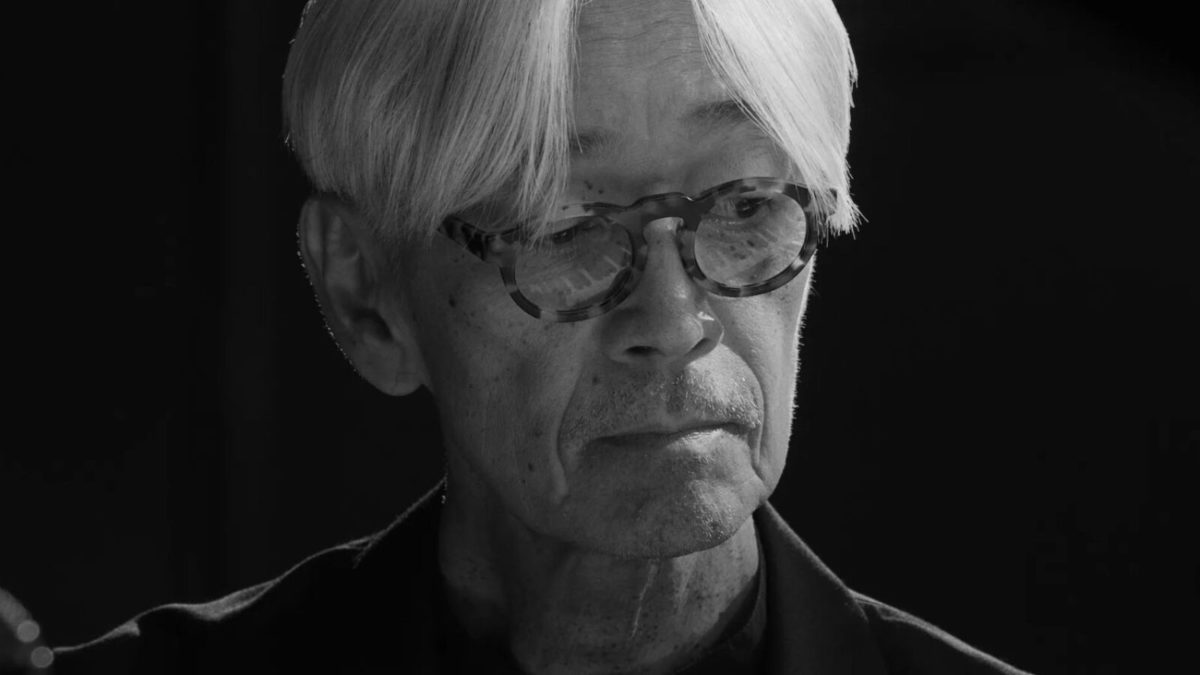
In a heartbreaking work that feels like a private personal home movie that the world is being graced with, Ryuichi Sakamoto’s son, filmmaker Neo Sora, captured one of his father’s final performances. Shot in beautifully austere black-and-white, Ryuichi Sakamoto | Opus focuses solely on the music, capturing a man contending with his physical limitations in what amounts to one of the final offerings of his astounding talent. It’s a treasure. – Jordan R.
Soundtrack to a Coup d’Etat (Johan Grimonprez)
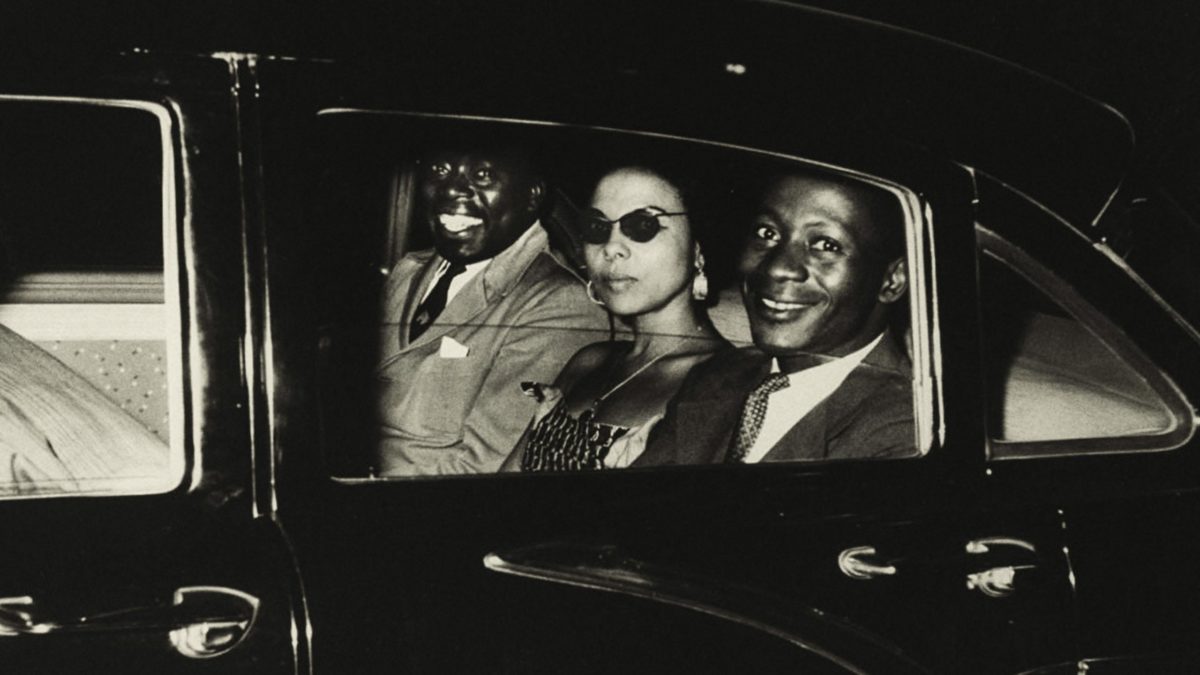
It was Mark Twain who said, “History doesn’t repeat itself but it often rhymes,” which is one way of approaching Belgian filmmaker and multimedia artist Johan Grimonprez’s sprawling, jazz-infused Soundtrack to a Coup d’État. The political essay revisits 1960, a turbulent year in global affairs: Patrice Lumumba rises to power in Congo just as the United States, through the CIA-backed Voice of America radio network, aims to soften America’s image aboard, sending jazz musicians Louis Armstrong, Duke Ellington, Nina Simone, Dizzy Gillespie, Abbey Lincoln, and Max Roach to tour the world. The film positions the jazz musicians as a kind of political cabinet while Gillespie envisions his own run for the White House on TV talk shows back home. It proceeds with a rather kinetic, defiant tone in which the jazz, breaking news, citations, and quotes interrupt the historical footage a more standard documentary may have primarily focused on. – John F. (full review)
Sugarcane (Julian Brave NoiseCat and Emily Kassie)
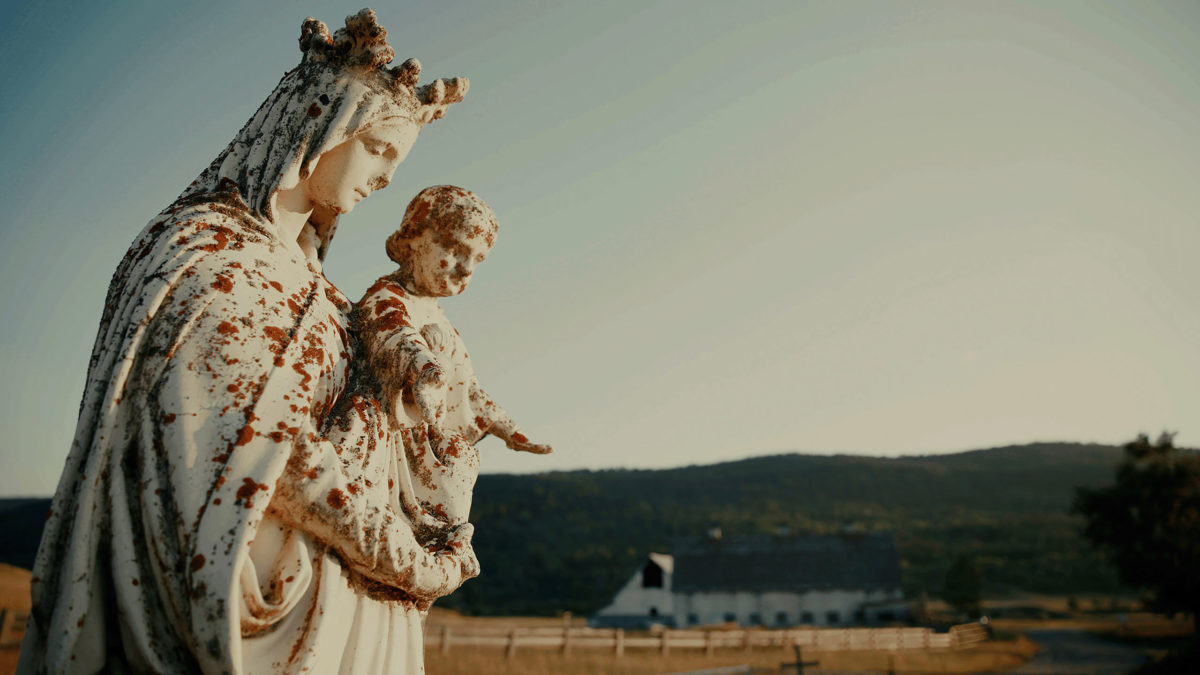
It’s impossible to overstate the trauma that is explored throughout Sugarcane, Julian Brave NoiseCat and Emily Kassie’s harrowing documentary on the sins of St. Joseph’s Mission in British Columbia and the Canadian Indian residential school system as a whole. Spurred by the discovery of over 200 unmarked graves at the former Kamloops Indian Residential School in May 2021, NoiseCat and Kassie speak with investigators and survivors of the schools, one of them Julian Brave NoiseCat’s own father: Ed Archie NoiseCat. – Dan M. (full review)
The Tuba Thieves (Alison O’Daniel)
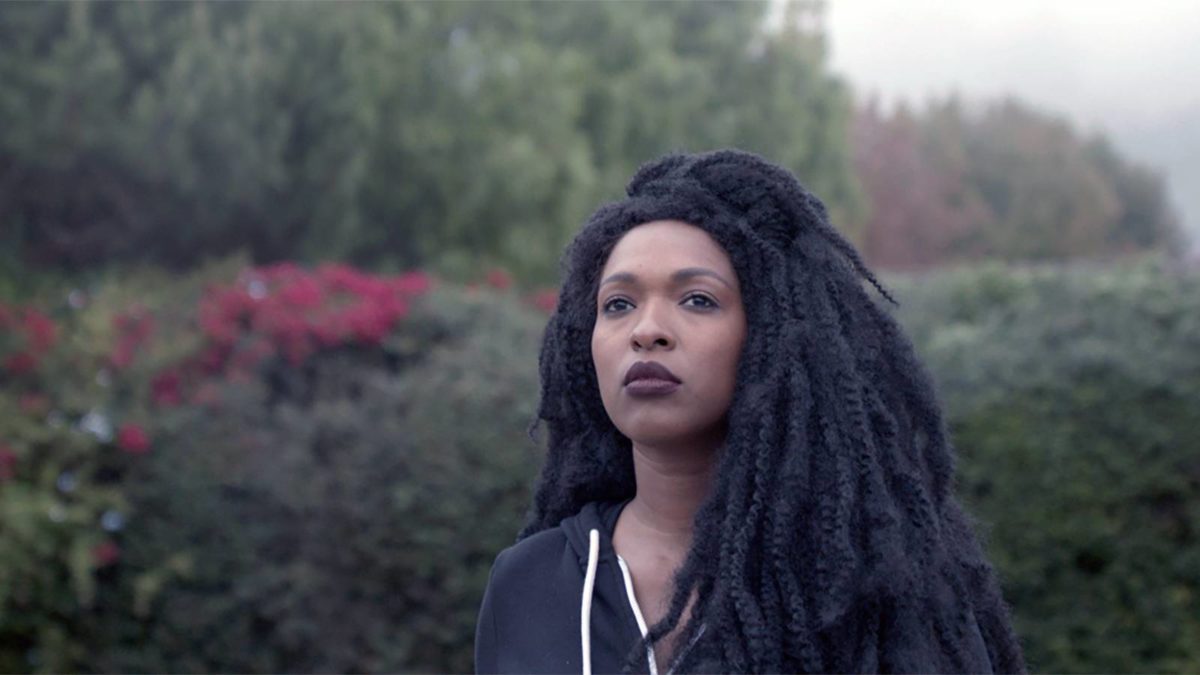
A film that rewards patience, The Tuba Thieves, despite its title, is not a quirky heist picture but rather a meditation on the presence and absence of sound framed by both recent and further-removed history. It’s directed by d/Deaf visual artist Alison O’Daniel, who crafts a rich visual and auditory project that’s probably best experienced in an acoustically perfect environment. One might at least need a high-end pair of noise-canceling headphones to simulate the optimal screening venue. Open-captioned by default, The Tuba Thieves is an immersive journey that perhaps approximates the trials of limited hearing with a structure that is either a cinematic meditation or frustrating for those seeking to impose some sense of order over the raw material we’re presented. – John F. (full review)
Youth (Hard Times) and Youth (Homecoming) (Wang Bing)

Completing one of the monumental projects of this decade thus far, Wang Bing premiered his final two installments of his 10-hour Youth, capturing the labor and less-than-ideal living conditions of textile workers in China, on the festival circuit this fall, followed by a U.S. theatrical release. Rory O’Connor said of his second entry, “With all that, Youth (Hard Times) leaves you with the feeling of something monumental: a granular view of the frayed hems of late capitalism that still has 152 minutes to go and, if reports are to be believed, a couple of weddings to get through.”
Honorable Mentions
